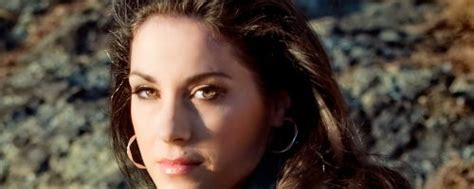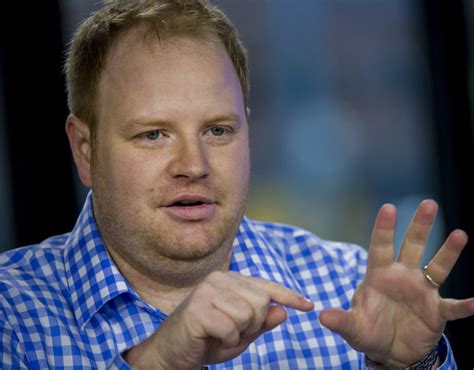A Quote by George Saunders
The beginning [of Lincoln in the Bardo] is strange, and I did a lot of work calibrating that so that a reader with a certain level of patience would get through it and in the nick of time start to figure out what was going on. In a short book, you can do that.
Related Quotes
What was fun for me with this book [Lincoln in the Bardo] was to start out with the principle that went, "We're going to fight every day to make this not a novel; make it too short to be a novel." And then with that principle in place, the book sort of starts to say, "Okay, but I really need this. I really need some historical nuggets." And you're like, "All right, but keep it under control."
Just work. Don't wait. Everybody's waiting until they have the perfect idea to start working. Even if you have an inkling of what you want to do, start moving towards it. And it's going to flesh itself out through the process of moving towards the goal. And by the time you get to where you're going to be, it's not going to look anything like it did when you sat on the couch thinking about it. And if you wait until it's perfect in your head before you get of the couch and start working on it, that's never going to happen.
We knew from the beginning the level of commitment needed. We felt honored to work with Stanley Kubrick. We were going to do what it took to do this picture, whatever time, because I felt - and Nic [Nicole Kidman] did, too - that this was going to be a really special time for us. We knew it would be difficult. But I would have absolutely kicked myself if I hadn`t done this.
I always write too long in the beginning, then it is a matter of going through it over and over again on subsequent drafts, looking for anything that slows down the narrative. It can be hard, cutting out parts I love, but I try to make the book as tight as possible so that the reader doesn't get bored.
In my couple of books, including Going Clear, the book about Scientology, I thought it seemed appropriate at the end of the book to help the reader frame things. Because we've gone through the history, and there's likely conflictual feelings in the reader's mind. The reader may not agree with me, but I don't try to influence the reader's judgment. I know everybody who picks this book up already has a decided opinion. But my goal is to open the reader's mind a little bit to alternative narratives.
[Young people] can't do much with [student debt] other than try to figure out how to pay it down. They can't take jobs they want. They can't get the credit they would like to start a business. So we're going to refinance it, we're going move people into income-contingent repayment plans, we're going to have a date certain when their obligations end, and I'm not going to let the government harass kids.
It's a lot easier to figure out how to scale something that doesn't feel like it would scale than it is to figure out what is actually gonna work. You're much better off going after something that will work that doesn't scale, then trying to figure how to scale it up, than you are trying to figure it all out.


































